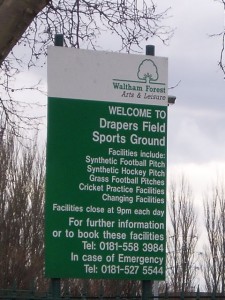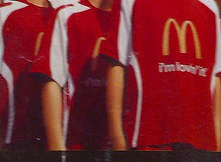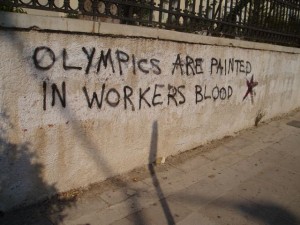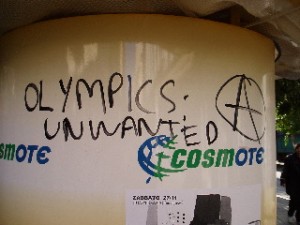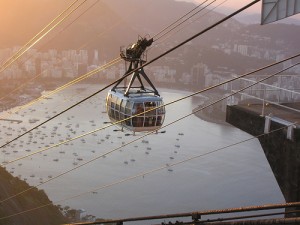Grass roots sports lose- Olympics win
Schools and community sports will be the biggest losers under the Comprehensive Spending Review while the London Olympic project is likely to avoid major cuts to its budget or contingency. Losses of local sports amenities like Hackney Marshes and Drapers Fields as a result of the Olympics will now roll out across the nation as non-Olympic cuts hit.
The Department of Culture, Media and Sport is understood to have reached a settlement with the Treasury that will see about 30 per cent cut from its annual £1.6 billion budget. However London 2012 will escape significant cuts to its £9.3 billion budget, and is expected to have its remaining contingency fund left largely untouched, partly out of necessity and partly expediency.
It is claimed that most of the major Olympic contracts have been awarded, so it is too late for major savings. The games are predicted to be completed with surplus contingency of £700 million. However the DCMS and the Olympic bodies have argued that is politically better to leave the contingency in place rather than take it back, and risk having to pay out in the event of an unforeseen crisis in the project.
The cuts to the DCMS budget will make it unlikely that the government can deliver on its promise of an abiding participation legacy from the London 2012 Olympics.
Sports minister Hugh Robertson will prioritise protecting funding for elite athletes in the run up to the London Games, and grass roots initiatives and projects run by UK Sport and Sport England’s will be cut.
Shadow Olympics Minister Tessa Jowell who told the nation the Olympics would only cost £3bn when it was nearer £10bn now claims she is concerned school sports initiatives will be hit by the cuts. So clearly nothing to do with her.
The details of the Olympic funding will not be announced by the Government on Wednesday. The cuts are likely to be made public on Thursday.
Click London Olympics for more blogs
See our Olympics project pages for more information and videos.
Or visit PlanA our general blog on urbanism, planning and architecture.
Spectacle homepage
Befriend Spectacle.Docs on Facebook
Follow SpectacleMedia on Twitter

